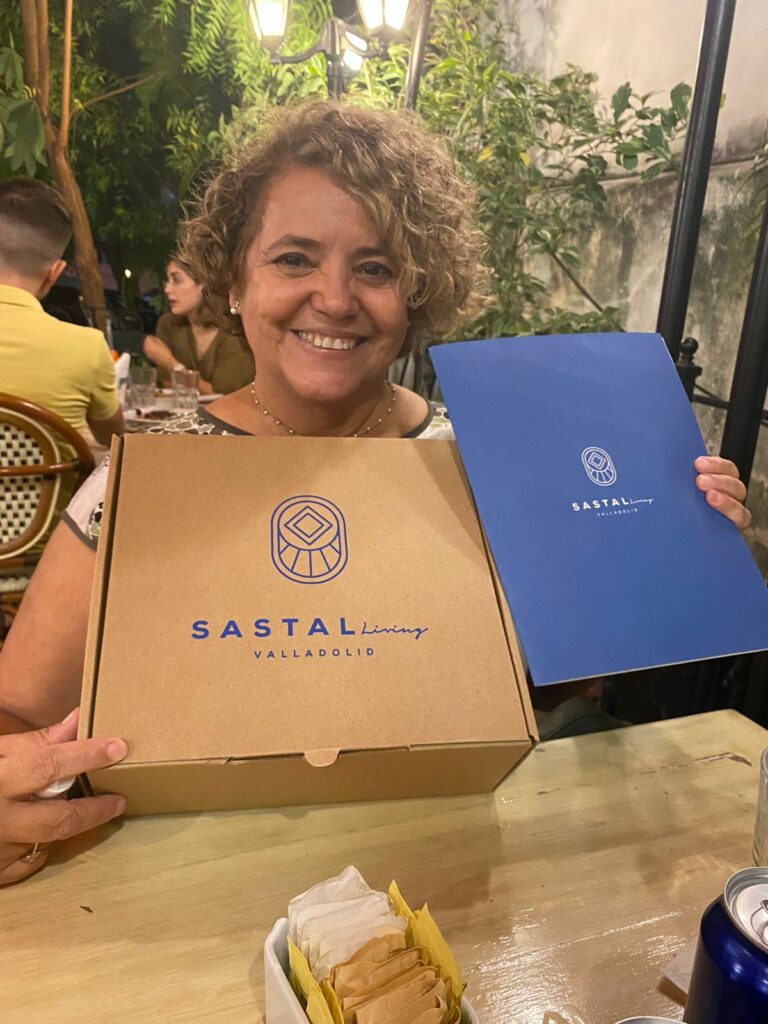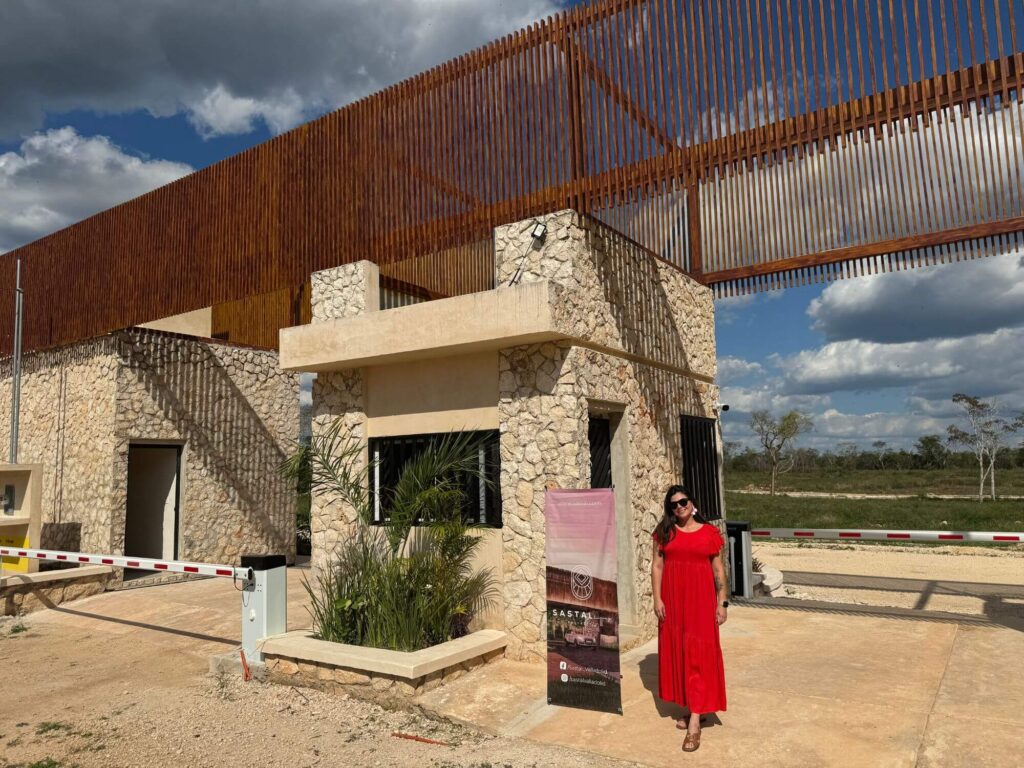Sastal gives you peace of mind and total legal certainty
In times of uncertainty, we take the next step.
We’re not only the most exclusive and secure residential complex in Valladolid, thanks to our facilities, but also because of our legal certainty and transparency.

The luxury of choosing how and where to live
No surprises in the future
At Sastal we have a construction and conduct regulation legally supported by the condominium regime.
Build the home of your dreams with complete peace of mind
Immediate deed upon payment.
Permissions at all levels support us.
In Mexico, we have woken up to a lot of news regarding irregular developments.
You have every right to verify!
We’re sharing all the permits with you so you can check them on government portals… we’re not just telling you.
- Cadastral certificate
- Environmental impact statement
- INAH Authorization
- Urbanization license
- Land use license
- Building license
- Condominium regime

Last lots available
Reserve yours today!
We offer financing with a 20% down payment and up to 24 months interest-free.
- Immediate writing
- Deliveries this year
Leave your details and we will contact you.
